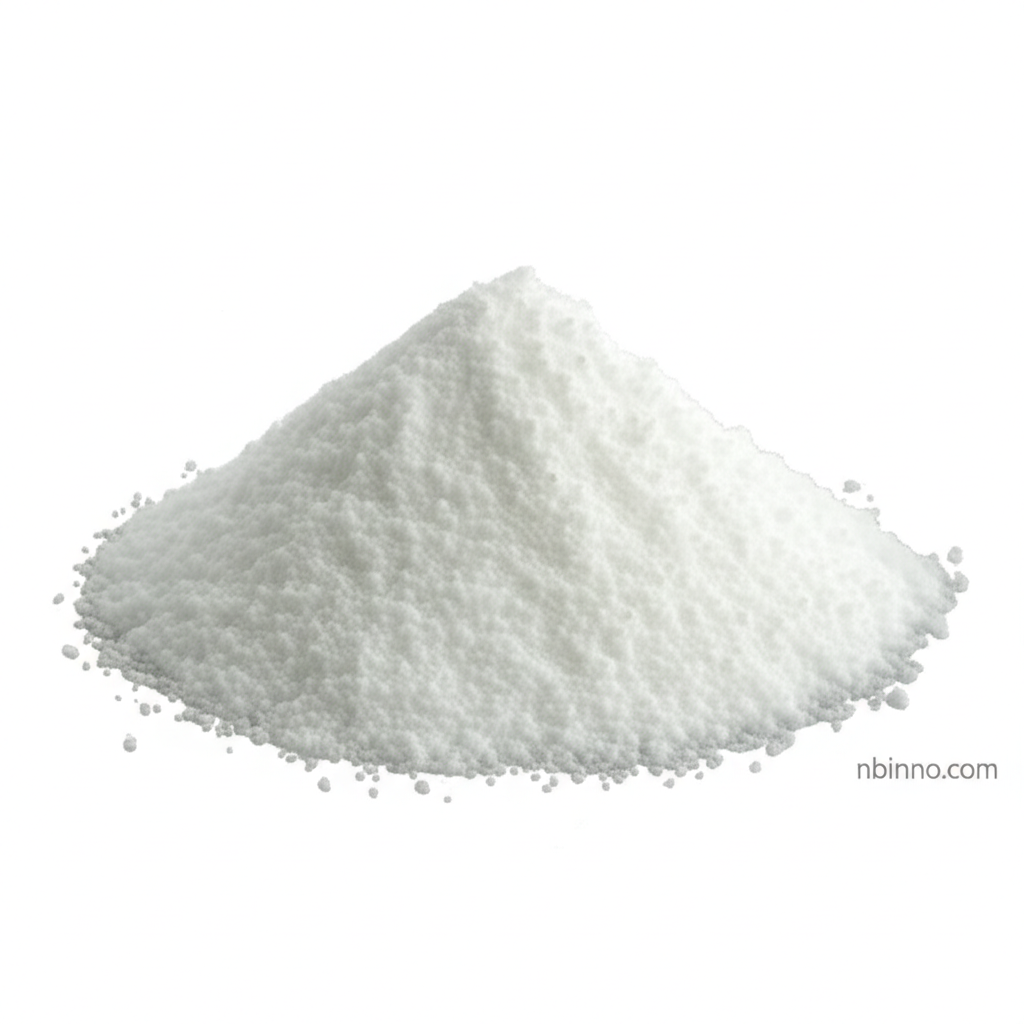Microcrystalline Cellulose (MCC) 101/102: Your Guide to Pharmaceutical and Food Grade Applications
Discover the versatility and essential properties of Microcrystalline Cellulose, a key ingredient in pharmaceuticals and food production.
Get a Quote & SampleProduct Core Value

Microcrystalline Cellulose Powder
Microcrystalline Cellulose (MCC) is a refined, partially depolymerized cellulose, widely recognized for its exceptional properties as a pharmaceutical excipient and food additive. It offers superior compressibility, binding strength, and disintegrant capabilities, crucial for effective tablet and capsule formulations. In the food industry, it acts as a vital bulking and anti-caking agent, enhancing texture and stability.
- Excellent compressibility for robust tablet formation, a key factor for successful tablet formulation.
- Strong binding properties ensure the integrity and stability of pharmaceutical dosage forms, aiding in accurate dosing.
- Functions as a disintegrant, promoting rapid tablet breakdown for optimal drug release and bioavailability.
- Widely used as a bulking and anti-caking agent in food production, improving texture and shelf-life.
Benefits Provided by the Product
Exceptional Binding Capacity
Its strong binding properties are crucial for tablet formulation, ensuring solid dosage forms maintain their integrity throughout manufacturing and consumption. This characteristic makes microcrystalline cellulose a preferred binder.
Superior Compressibility
The excellent compressibility of MCC allows for the creation of hard tablets that still disintegrate efficiently, a critical balance for effective drug delivery and improved compressibility in pharmaceutical manufacturing.
Enhanced Flow Properties
MCC's good flowability improves powder handling during manufacturing, ensuring consistent ingredient distribution and reducing processing issues for pharmaceutical and food products.
Key Applications
Pharmaceutical Formulations
Used extensively as a binder, filler, and disintegrant in tablets and capsules, improving their physical characteristics and drug release profiles. The uses of microcrystalline cellulose in tablets are well-documented for quality.
Food Production
Functions as a bulking agent, anti-caking agent, stabilizer, and texture modifier in various food products, enhancing consistency and preventing clumping.
Cosmetic Products
Incorporated into personal care items for its texturizing, thickening, and stabilizing properties, contributing to the desired sensory attributes.
Dietary Supplements
Serves as a filler and binder in vitamin supplements, ensuring accurate dosing and product stability, contributing to the benefits of microcrystalline cellulose in health products.
